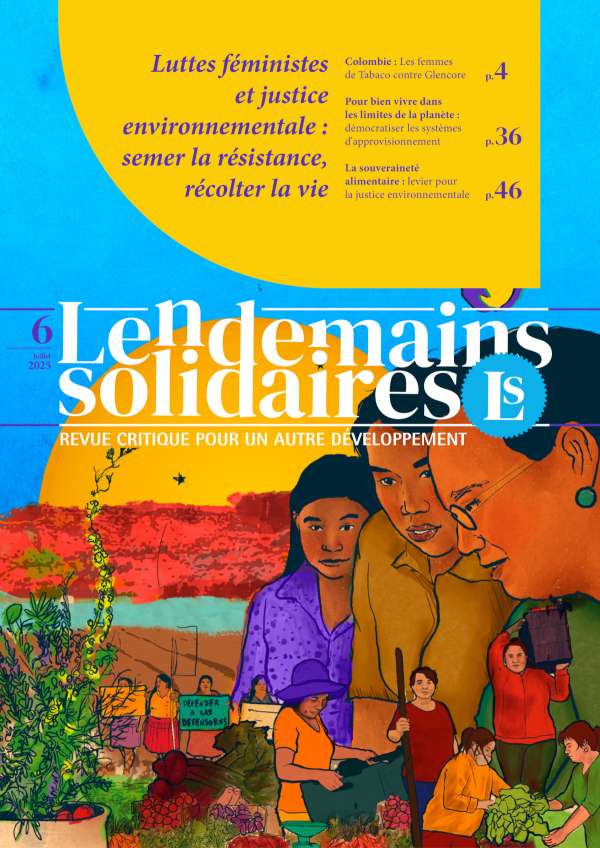CETIM focuses on the promotion and implementation of economic, social and cultural rights (ESCR). They are the backbone of human rights and a powerful tool for achieving a self determinated development model by peoples. This is particularly true for the most vulnerable and marginalised populations. Properly implemented, these rights contribute to the respect for human dignity and to the achievement of social justice. On the contrary, the violation of any of them can jeopardise the enjoyment of all the others.
The universality, indivisibility and interdependence of human rights are enshrined in international instruments. Yet, we are still a long way from their effective implementation for all, and ESCR are among the worst off. Indeed, the basic needs (food, water, health, housing, education) of a third of humanity are still not being met. In some respects, the situation has even deteriorated, including in the countries of the North. This is due to the fact that the policies adopted at economic level accentuate ESCR violations and cause
– increased poverty
– growing inequality across the world
– multiple crises (political, economic, financial, environmental, social and cultural).
By definition, human rights are designed to protect citizens from the arbitrary actions of the most powerful and their governments
The international health crisis linked to COVID-19 has only exacerbated this situation. It has also shown the importance of implementing public policies based on ESCR. In particular, the right to health, the right to housing, the right to food, the right to water, the right to work, the right to education and the right to social security.
But for human rights to be better respected, they must be known, they must be demanded and they must be enforced. However, victims are often unaware of their rights and of the mechanisms available to them for appealing (at national, regional or international level). States, which have an obligation to inform and educate their citizens about human rights, often fail in their duties.
The role played by civil society organisations and social movements in human rights education and training is therefore crucial
– to denounce human rights violations
– to contribute to the implementation of existing standards.
HUMAN RIGHTS COUNCIL 14th session 31 May – 18 June 2010 [Exerpt from the declaration] First of all, our thoughts go out to the victims of the barbaric attack that took place in the international waters of the Mediterranean Sea in flagrant violation of the norms of international law. Once again the State of Israel […]
Continue reading
Thank you Mr. President We would like to express our appreciation to the Viet Nam Government for their constructive and considered approach to the UPR process and generally for their commitment in the field of human rights. We warmly commend Viet Nam for his significant achievements in the promotion and protection of all human rights, […]
Continue reading
Access the Critical Report in PDF Presentation In the United Nations Millennium Declaration of 2000, States made a commitment to halve, by the year 2015, the proportion of people with no access to safe drinking water and to sanitation. Access to safe drinking water and to sanitation should therefore be an absolute priority for the […]
Continue reading
HUMAN RIGHTS COUNCIL 10th session 02 March – 27 March 2009 [Excerpt from the statement] These two reports unequivocally establish the original and primary responsibility of the Israeli authorities for these violations. Indeed, the mission led by Judge Goldstone notes first of all that Israel has not respected the ceasefire agreement concluded with Hamas by […]
Continue reading
HUMAN RIGHTS COUNCIL 10th session 02 March – 27 March 2009 [Excerpt from the statement] The Special Rapporteur devoted his report submitted to the present session to the dismantling of ships, which has posed many problems over the years1. The response to this issue has been the recent adoption by the International Maritime Organization of […]
Continue reading
« Previous
1
…
24
25
26
27
28
…
45
Next »


